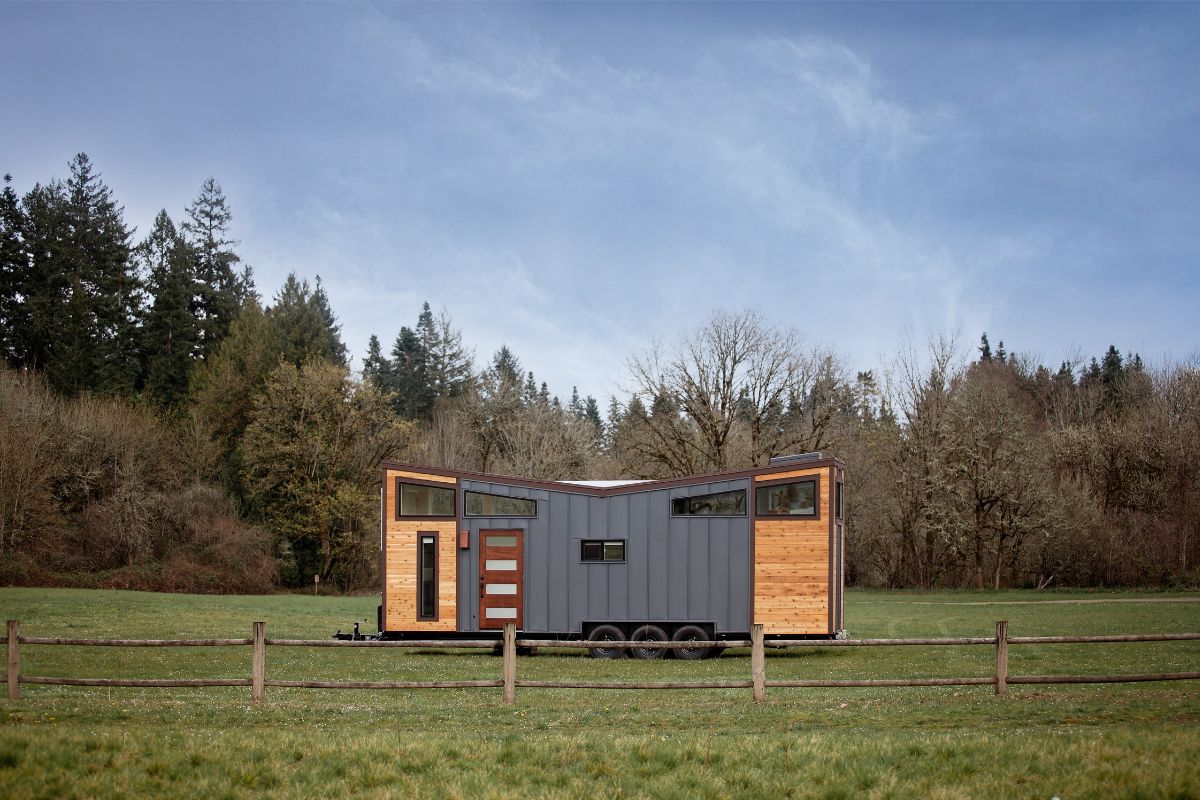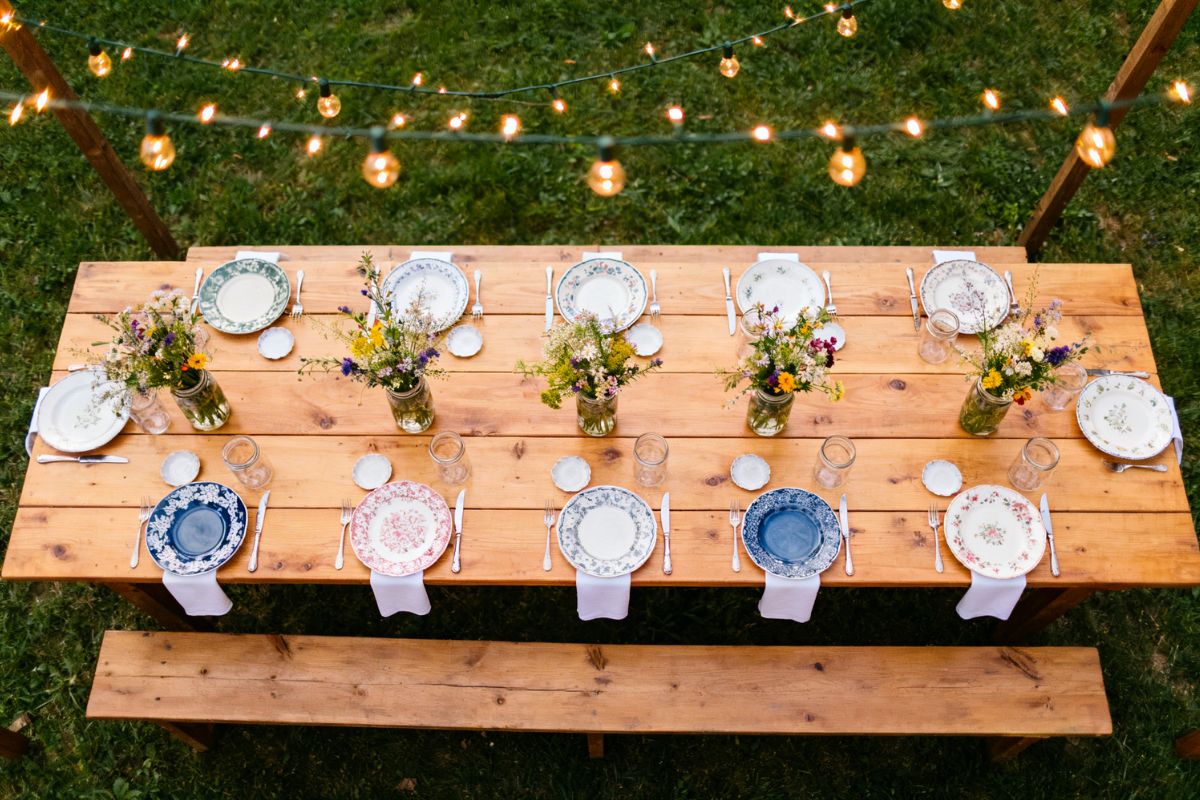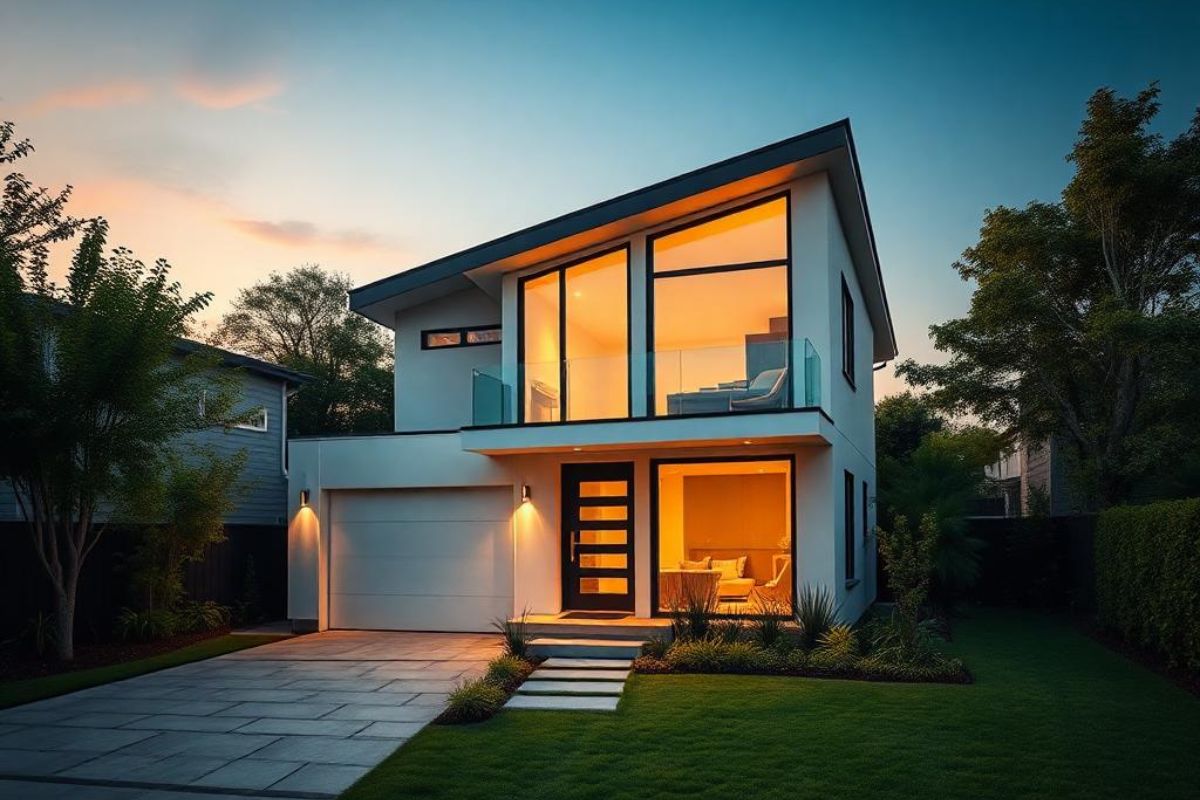Pros and Cons of College Students Living in Tiny Houses

Everything about college is fun, minus the living expenses. Students that are not on full-ride education scholarships pay various bills, including accommodation. As a result, people are looking for new ways to retain their independence off campus without spending too much on housing. Tiny houses for students are a new trend among undergraduates. They offer smart living options and don’t cost as much as regular housing. But does a tiny accommodation provide the best environment for learning?
This article will examine the pros and cons of little houses to know their suitability.
Students need all the help they can get when it comes to their college life, especially education. The most popular problems they face are directly linked to their academic tasks. If you have difficulties with writing skills or just lack time, you can find the affordable essay order service for students by professionals. These online essays order services help you to write papers so you can focus on other vital skills. Apart from writing needs, students typically suffer from housing questions, which type of accommodation to choose?
Pros of Students Living in Tiny Houses
Most tiny homes are under 400 square feet. They have a minimalist design and are perfect for people who want to downsize. Below are some of its advantages for undergraduates.
Affordability
The biggest benefit of living in a tiny house for students is that it cuts down expenses significantly. Most undergraduates can’t afford rentals without having multiple roommates. Likewise, dorm rates require school loans. In contrast, tiny houses require less space and material to build. The maintenance and utility costs are also lower. As a result, students on tight budgets can afford them, even without roommates.
Anyone can build a tiny house, provided the law permits. But it requires more funds and takes up to a year. An alternative is to buy a preowned home with a lower price tag. Students can use their scholarship money to secure the apartment or through monthly loan payments. Either way, it costs less than college dormitory fees and is an addition to your assets.
Mobile and Sustainable Living
Mobile houses are easy to relocate. They are portable, highly mobile, and particularly useful for people that move frequently. For example, undergraduates that attend semester-long abroad programs or who relocate for internships. Apart from mobility, tiny houses are sustainable. They use less energy and generate less waste. As a result, students reduce their carbon footprint. Builders use sustainable materials for the tiny house interior and renewable energy sources like solar panels.
Independence and Creativity
A frame tiny house provides a sense of ownership and independence. Unlike dormitories, users don’t need to subject themselves to someone else’s supervision. Apart from this, they can decide how to design it and live their life. Undergraduates interested in architecture or design can experiment with different designs to style them to suit their tastes and preference.
Minimalist and Stress-Free
Tiny houses promote a minimalist lifestyle. Students that want to reduce clutter or simplify their lives can adopt it. The design forces them to evaluate their possessions and reduce stress caused by clutter. Tiny houses are quiet and promote relaxation. As a result, they provide a conducive environment for reading a book or completing assignments.

Cons Of Students Living in Tiny Houses
Tiny houses are mobile, sustainable, and affordable. But they are not without their downsides. Before deciding to live in a tiny structure, consider the following:
Less Space
A tiny house is everything its name says. It offers less space than a traditional home, despite being designed to be more efficient. This becomes a challenge for students with lots of possession or those who like to entertain or have guests stay over. The living area and storage space are limited. Also, you can’t keep luxury furniture items, and you must make smart decisions to avoid clutter. Hence, if you like a wide space, a tiny house is not the right fit for you.
Another major concern with a tiny house is the absence of a parking space. Not all states allow you to construct a garage. As a result, owners look for tiny home communities, RV parks, and similar structures.
Lack of Privacy
Most tiny houses have open-plan spaces. They sometimes have no walls dividing living areas. Hence, if you don’t live alone, it deprives you of your privacy. It becomes difficult to find a private space to sleep, relax, or work. Conflicting schedules and habits can cause conflicts with your housemates.
Customization Problems and Zonal Laws
One of the pros of a tiny house is its portability. However, this also translates into a disadvantage. A portable structure is lightweight and easy to move. But it also limits your ability to customize it to your preference. For example, you can’t add an extension to the house. Apart from this, you cannot use certain furniture and appliances. A small house for students is not legal in all areas. The building codes may restrict the size of the structure or require you to follow certain guidelines. It ultimately reduces your options.
Maintenance Problems
Maintaining a tiny house is a hassle due to its design and size. Students fit electrical and plumbing systems into the space. Although effective, it makes repairs complicated. The structure is also susceptible to tear and wear, and owners invest in maintenance more than traditional house owners.
Low Resale Value
If you own a tiny house, you can’t enjoy the same resale value you would with a traditional structure. The trend is indeed becoming increasingly popular among teaching staff and students. But the market is relatively new. As a result, there may not be as many potential buyers for your house. Apart from this, the structures are built on a foundation or trailer and won’t appreciate like a regular home.
Conclusion
Tiny houses are the perfect alternative for students that want to reduce their expenses and simplify their lives. The houses are affordable, eco-friendly, and highly mobile. They also provide independence and control over interior and exterior design. On the downside, they are not spacious. College students living at home don’t enjoy privacy and must make do with what they have. As a result, it is not perfect for everyone. We recommend you examine your circumstances and preferences before choosing a tiny home.









